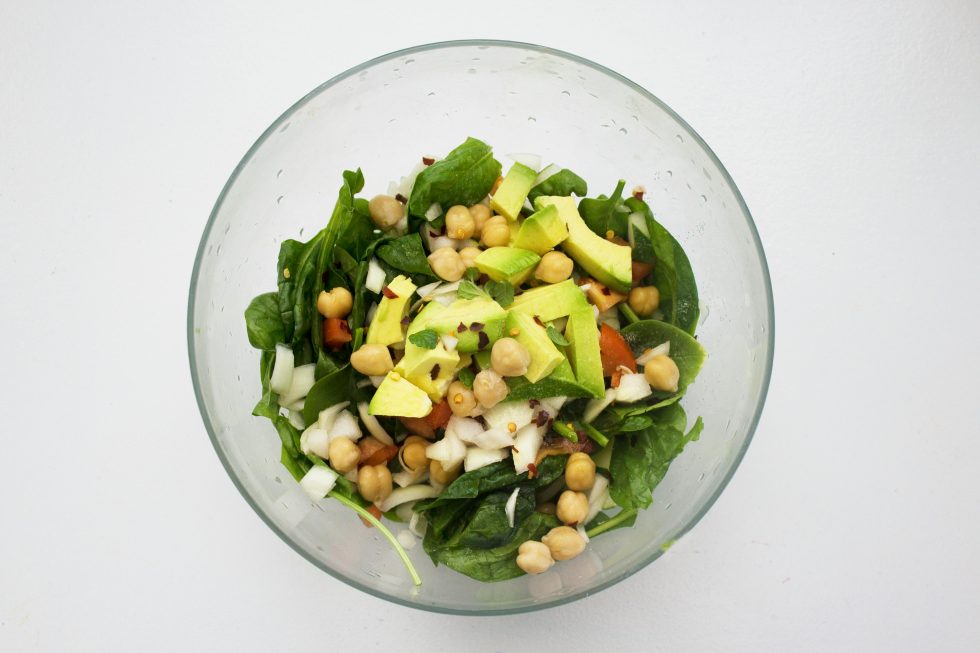
Pregnancy is a transformative time in a woman’s life, filled with joy, anticipation, and for many, a heightened focus on health and nutrition. For vegetarian mothers-to-be, ensuring a balanced diet that meets both their needs and those of their growing baby is crucial. Here, we delve into practical tips and insights to help navigate the journey of eating healthy during pregnancy while adhering to a vegetarian diet.
Understanding Nutritional Needs
During pregnancy, the body requires increased nutrients to support the developing baby and maintain the mother’s health. Key nutrients for vegetarians to focus on include:
1. Protein: Essential for fetal growth and maternal tissue expansion. Good sources include legumes (beans, lentils), tofu, tempeh, dairy (if lacto-vegetarian), eggs (if ovo-vegetarian), quinoa, nuts, and seeds.
2. Iron: Crucial for preventing anemia and ensuring proper oxygen transport. Sources include leafy greens (spinach, kale), lentils, fortified cereals, quinoa, and pumpkin seeds. Consuming vitamin C-rich foods alongside iron-rich foods enhances absorption.
3. Calcium: Important for bone development and muscle function. Dairy products (if consumed), fortified plant-based milks (such as almond or soy milk), tofu (made with calcium sulfate), leafy greens (collard greens, bok choy), and calcium-fortified juices.
4. Folate (Folic Acid): Vital for preventing neural tube defects. Sources include leafy greens, beans, fortified cereals, citrus fruits, and avocado.
5. Omega-3 Fatty Acids: Support fetal brain and eye development. Flaxseeds, chia seeds, walnuts, and algae-derived supplements (like algae oil) are good sources.
Meal Planning Tips
Balanced Meals: Aim for a variety of foods from different food groups (grains, proteins, vegetables, fruits, dairy or alternatives).
Snack Smart: Opt for nutrient-dense snacks like yogurt with berries, hummus with whole-grain crackers, or a handful of nuts and dried fruits.
Hydrate: Drink plenty of water and include fluids like herbal teas (avoiding those with caffeine).
Supplements: Consult with a healthcare provider about prenatal vitamins that complement your vegetarian diet, ensuring they include adequate iron, calcium, vitamin D, and omega-3 fatty acids.
Handling Cravings and Aversions
Pregnancy often brings about changes in taste preferences and cravings. While indulging cravings occasionally is okay, aim to maintain a balanced diet overall. For example, if you crave sweets, opt for fruit or yogurt with honey instead of sugary snacks.
Food Safety Considerations
Avoid Raw or Unpasteurized Products: Minimize the risk of foodborne illness by avoiding unpasteurized dairy, raw eggs, and undercooked foods.
Choose Safe Sources: Ensure fruits and vegetables are thoroughly washed to remove any contaminants.
Overcoming Challenges
Social Situations: Communicate dietary needs with friends and family to ensure there are vegetarian options available during gatherings.
Educate Yourself: Stay informed about vegetarian nutrition during pregnancy by consulting reputable sources or seeking advice from a registered dietitian.
Navigating a vegetarian diet during pregnancy can be both rewarding and healthful with careful planning and attention to nutritional needs. By focusing on a diverse array of nutrient-rich foods, incorporating supplements as needed, and staying mindful of food safety, vegetarian mothers-to-be can support their own health and the optimal development of their baby. Remember, each pregnancy is unique, so consulting with healthcare providers https://mfcfamily.com/ for personalized guidance is essential to ensure a healthy and happy journey from conception to birth.
